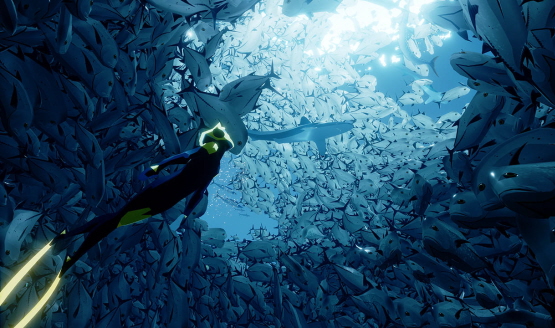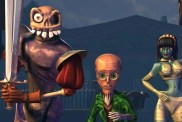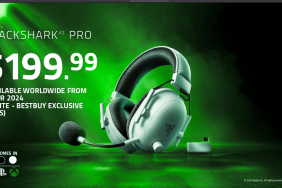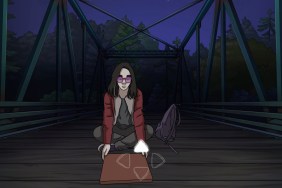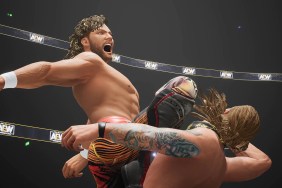Note: This opinion piece reflects the views of the author and not PlayStation LifeStyle as a whole.
I end up reviewing a lot of digital-only titles, and these tend to veer on the short side of the gaming spectrum. Some games last barely over an hour while others will take up an afternoon but not much more. I try to always mention how long a game is in the review, that way potential buyers know what they are signing up for, and more often than not I see people dismissing games that aren’t at least 10 hours long.
For example, in my review for The Bunker, a really cool FMV game, a reader said that the game was “far too short” since it was only three hours long. I take issue for this for one main reason: The Bunker tells the story that it wants to tell, and feels complete. To call a game “too short” is to claim that it doesn’t have enough content or doesn’t come to a satisfying ending. Let’s examine that idea further.
When Is a Game Too Short?
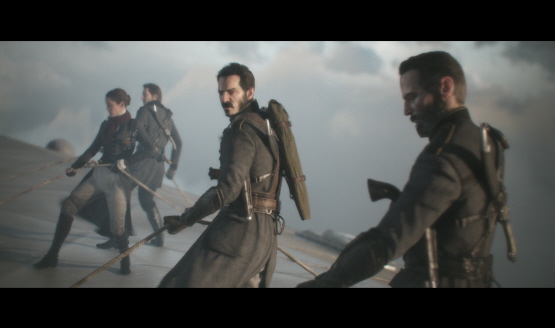
One of the most high-profile examples of a game actually being too short would be Ready At Dawn’s The Order: 1886. The main issue wasn’t that the game was less than 10 hours long, it was that the game’s story didn’t come to a logical ending point. It’s fine for a game to end before the main threat is resolved, and to essentially be the first act, but it has to come to feel like something happened. Instead, The Order: 1886 has an absolutely forgettable final boss fight that doesn’t solve any of the issues that the game had brought up. The story didn’t see enough progress, and thus can rightly be called “too short.”
A game deemed too short doesn’t have to apply to a game that clocks in under 10 hours, though. Although I wasn’t one of them, many gamers were upset over Metal Gear Solid V: The Phantom Pain‘s ending, and felt like Konami released an incomplete game. While I don’t agree with those criticisms fully, that’s still an example of a game that features dozens of hours of fun that can be construed as not being long enough because it wasn’t satisfying at the end. Satisfaction is key, not the time spent.
A more recent example of a game clearly lacking content, and a case that I fully agree with, would be the release of Street Fighter V. Almost everyone in the fighting game community was impressed with what Capcom had accomplished from a gameplay point-of-view, as they made one of the best fighting games ever. The character balance and gameplay additions helped make SFV a fantastic game, but there was one glaring flaw: there were basically no modes to actually enjoy the game. Unless you were down to play random match after random match online, you were left with a really fun game that gave the player no reason to continue playing. That’s the perfect example of a game being “too short,” even if Street Fighter isn’t a narrative-focused experience.
Short Doesn’t Mean Too Short
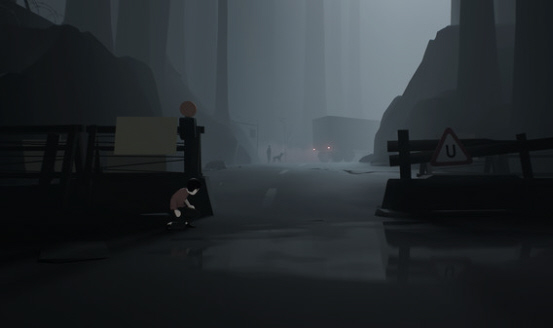
2016 is a particularly great year to showcase that a game being short doesn’t mean it’s too short. This is due to several of the year’s best releases being able to be completed within one or two sittings. In fact, my two favorite games this year (ABZÛ and INSIDE) can both be completed in less than three hours, completely explore their mechanics, and are highly fulfilling.
I think without a doubt the best game to demonstrate this is INSIDE, which is the most polished game I’ve ever played. Without a single word, the game was able to effortlessly lead me to where it wanted me to go, and teach me the mechanics I needed to know. It’s brilliant, and by the time the credits had rolled I wasn’t bemoaning that I had spent money on a short game, instead I was marveling at what I had just experienced. There’s no good argument for calling a game like INSIDE too short.
A similarly short game is Shu, and as I wrote in my review of the indie platformer, it felt absolutely refreshing due to its brevity. Concepts were introduced, shown off, and then faded into the background. There weren’t dozens of stages showing off variations of the same idea, instead it cut all the filler and it was made so much better due to it. In an age where so many games drag on, it’s nice to see releases that actually respect the players’ time.
More Short Games, Please
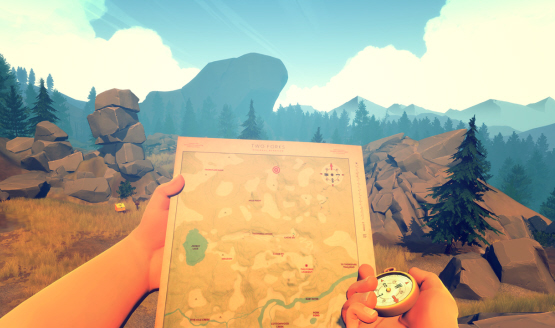
As I grow older, and much busier, I now value my free time a lot more than I ever did as a teenager. That’s probably why I grow more impatient and annoyed when I play a game that is artificially lengthened with grinding and other filler content. I’m not against some mindless fun, as my dozens of hours in Rocket League will show, but if I spend my time playing a game, I want to make meaningful progress.
That’s exactly why I find these shorter games so appealing, as I try to juggle work, a personal life, and entertainment. Setting aside three hours to play through a wonderfully told story like Gone Home is far more appealing to me, than spending three hours grinding light levels in Destiny. That’s why I’m glad that games like Firewatch have been successful, and I’m excited to see more games like it come out in the future.
That’s not to say all games should be shorter, but there are lessons to be learned. Does an RPG that would clock in at 20 hours really need an additional 10 hours due to grinding? Of course not. Making these games a bit more focused and tightening up the design would only help lengthy games, as they wouldn’t be nearly as off-putting and would still be quite long. A game like Persona is never going to work in a short time-span, but having played Persona 5 on the easiest difficulty, I don’t feel like the game loses anything from removing needless grinding. I’ll always take four wonderful hours of entertainment over 25 okay hours.
Short and Sweet
Gaming is really at an unprecedented high spot right now. Every single month sees over a dozen games worth playing released, and we’re seeing more diverse games released than ever before. There really seems to be something for every type of gamer now, and that’s incredible to see. From those that love huge massive RPGs like The Witcher to those looking for shorter experiences, there really is something for everyone. Just remember that length alone doesn’t determine if a game is too short, it’s so much more than that.
Essential Reading:
10 PSVR Games to Look Forward To
-
Upcoming PSVR Games Worth Anticipating

-
Ace Combat 7

While EVE: Valkyrie showed how VR is a game changer for dogfighting games, Ace Combat 7 will look to fulfill its potential. The opportunity is here for Bandai Namco to make something really special, and I'm excited to see if they can pull it off. It'd be the perfect way to reintroduce Ace Combat to the mainstream, so hopefully it'll be the first feature complete flight combat game on PSVR.
-
Dreams

No matter how many previews I read and trailers I see, I don't think I'm gonna be able to wrap my head around Media Molecule's Dreams until I actually go hands-on with it. So, while I'm still not sure how this magical creation tool works, I'm ecstatic to check it out in 2017. Few developers have constantly impressed me like Media Molecule has, so I can't wait to see what crazy thing they've conjured up.
-
Farpoint
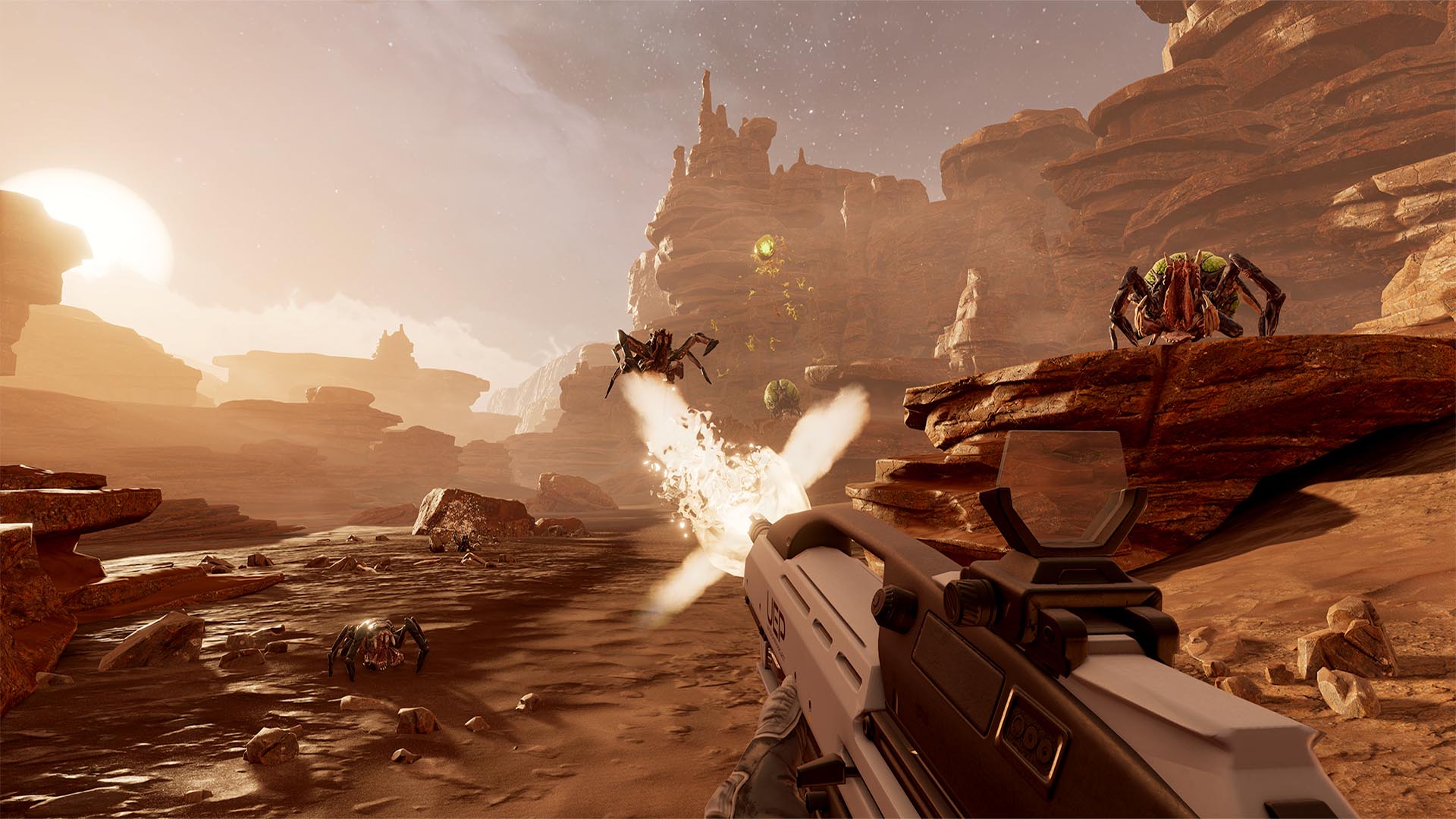
I am so ready for a first-person shooter in VR. I feel like it's the next logical step for the genre, and am excited to see how developers take advantage of head tracking. Farpoint seems to be the first major release that will have a chance to really nail it, and it has the chance to be a must-own title for PSVR owners.
-
GNOG

So far one of my favorite things about virtual reality is just getting to take a peek into different worlds. So, considering GNOG is all about exploring giant monster heads (yes, it's pretty out there) and solving puzzles within them, I'm pretty stoked. Nothing else looks like it, and I want unique experiences in VR.
-
Golem
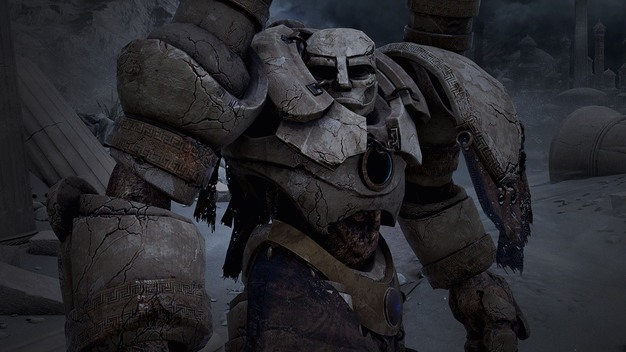
Golem has an awesome hook that has gamers playing in virtual reality and on their television. In the game players will play as a bed-ridden child who wants to explore the outside world. After developing the power to control stone creatures (the titular golems), he's eventually able to explore vicariously through them.
-
Gran Turismo Sport
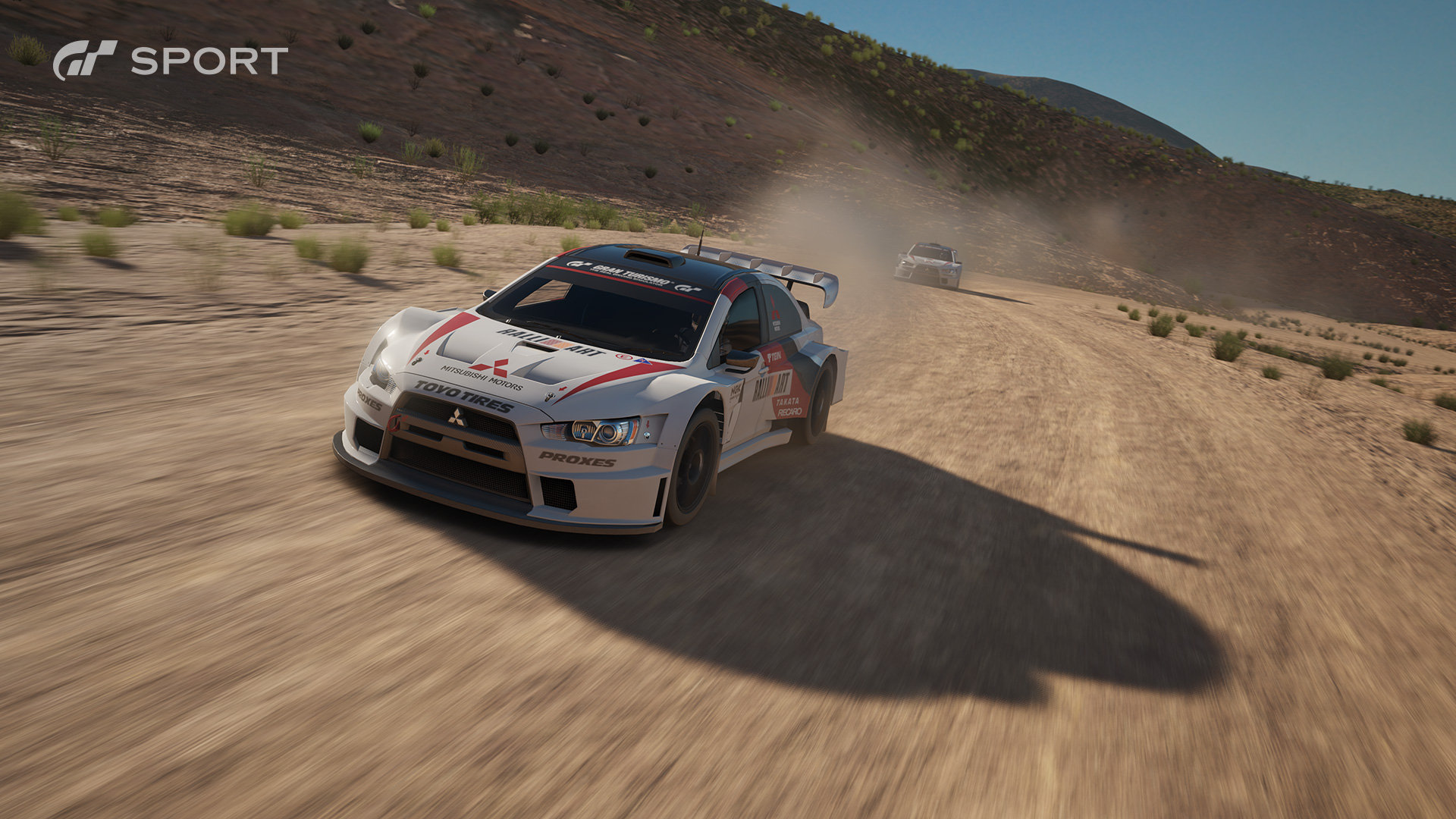
DriveClub VR showed that virtual reality is a great place for racing games, and Gran Turismo Sport looks to build upon that. Beyond VR, there are a lot of reasons to be excited about the first Gran Turismo game on PlayStation 4, and Polyphony Digital will look to show that they are still the king on consoles after having been passed up by Forza this generation.
-
Megaton Rainfall
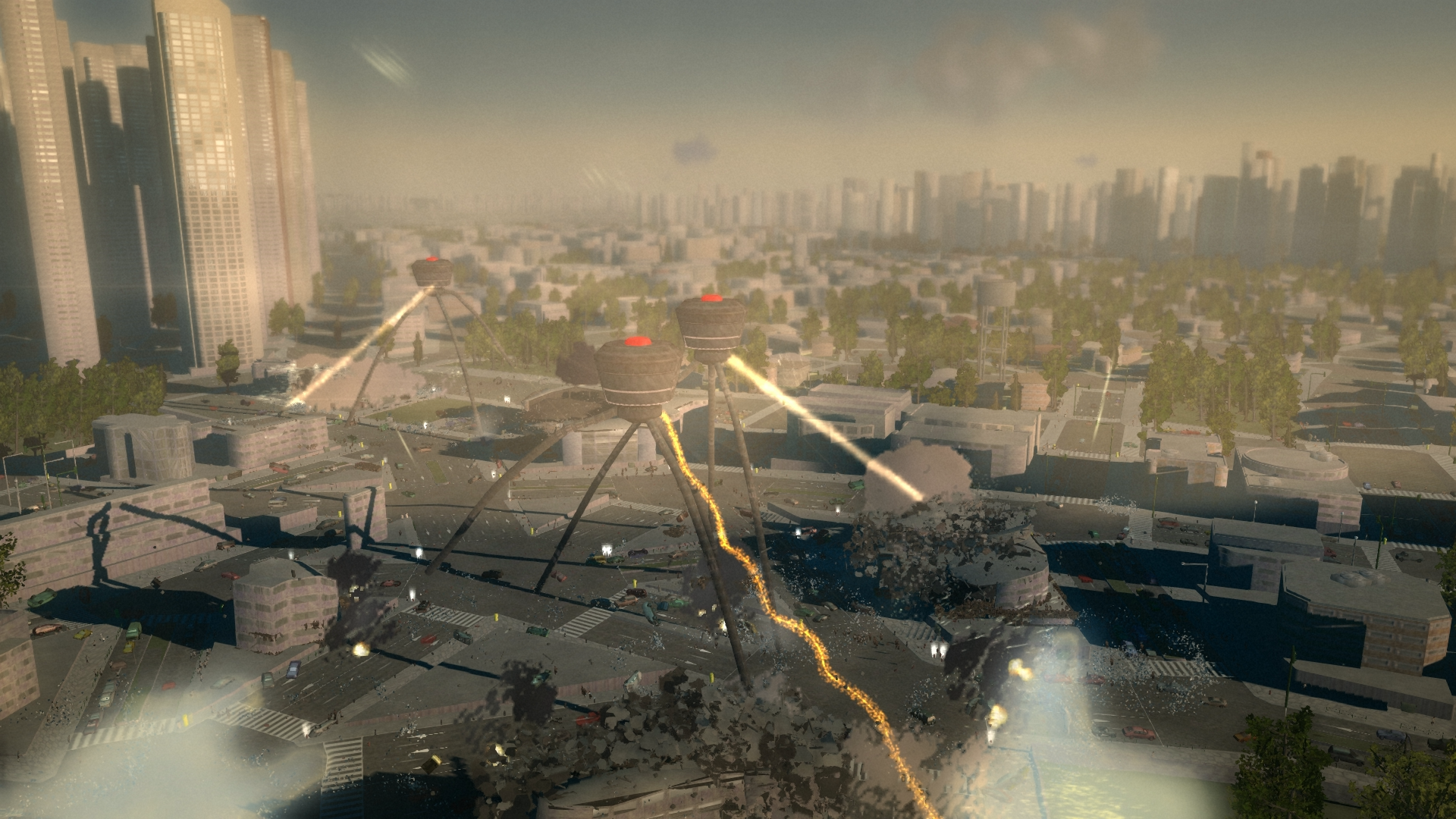
Megaton Rainfall is a first-person game that will allow players to live the fantasy of being a superhero. It's unknown if the ambitious title will be able to pull off its lofty goals, but it promises a wide range of movement and the ability to cause as much destruction as the player wants. If successful, it might just be PlayStation VR's killer app.
-
Psychonauts in the Rhombus of Ruin
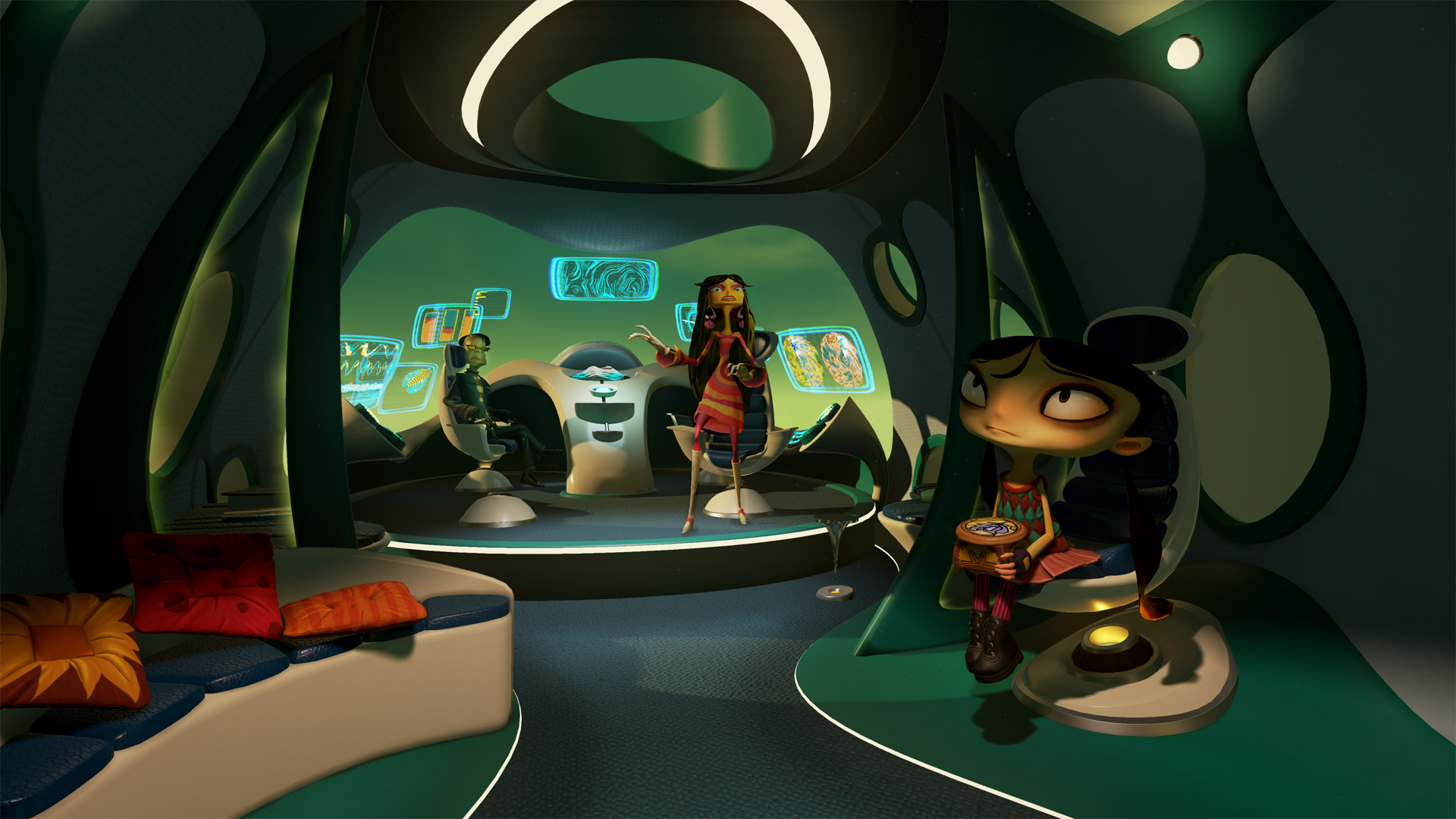
Psychonauts in the Rhombus of Ruin will serve as a bridge between Psychonauts and its sequel, which is plenty of reason to be excited. The first-person adventure title will let players once again play as Raz, and will have to use his psychic powers to solve puzzles.
-
Resident Evil VII
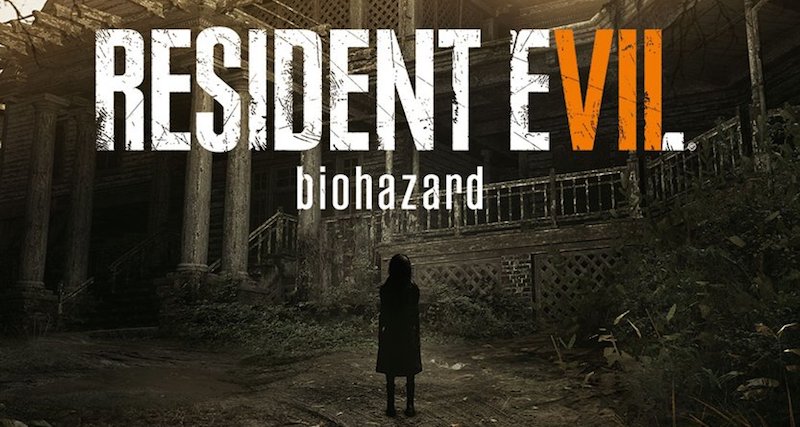
If anything, Resident Evil VII looks to be a bold new look for the franchise. It's a big switch from the action that Resident Evil 6 offered, but that's just what the series needed. Hopefully this change will pay off, but it certainly has the attention of fans until then.
-
Star Trek: Bridge Crew
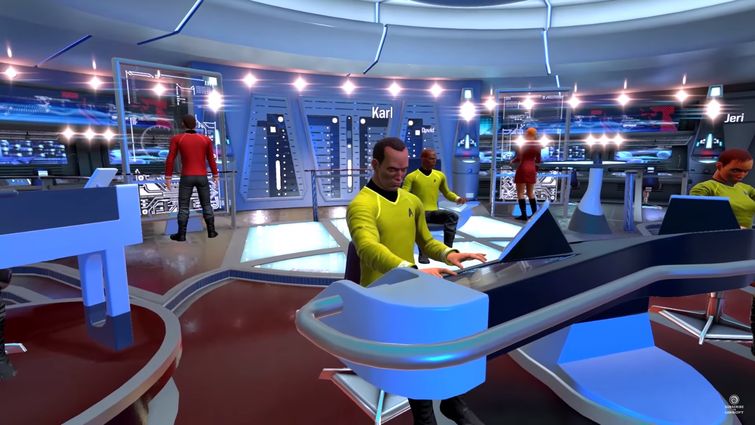
Games like Space Team have shown how much fun it is to operate a complex ship with friends, so I'm hoping that Star Trek: Bridge Crew will scratch a similar itch. Sporting online play and a familiar license, this could finally be the Star Trek games that fans have been thirsting for. The Ubisoft published title has been delayed until March 2017, so hopefully it'll be worth the wait.
